
Balancing the rewards and risks of AI tools
AI’s promise of time and money saved has captivated employees and business leaders alike. But the real question is… is it too good to be true? As enticing as these rewards may be, the risks of this new technology must also be seriously considered.
Balancing the risks and rewards of AI is causing pause for many organizations as they grapple with the right way to adopt AI. Every deployment in every organization is going to look different -- meaning that the balance of risk and reward is also going to look different depending on the scenario. Here, we’ll talk through the promised rewards and the potential pitfalls of adopting generative AI technologies, as well as some guiding questions to help determine if it’s the right move for your business.

How RAG completes the generative AI puzzle
Generative AI entered the global consciousness with a bang at the close of 2022 (cue: ChatGPT), but making it work in the enterprise has amounted to little more than a series of stumbles. Shadow AI use in the enterprise is sky high as employees are making day-to-day task companions out of AI chat tools. But for the knowledge-intensive workflows that are core to an organization’s mission, generative AI has yet to deliver on its lofty promise to transform the way we work.
Don’t bet on this trough of disillusionment to last very long, however. A process called retrieval augmented generation (RAG) is unlocking the kinds of enterprise generative AI use cases that previously were not viable. Companies such as Meta, Google, Amazon, Microsoft, OpenAI and a number of AI startups have been aggressively rolling out enterprise-focused RAG-based solutions.
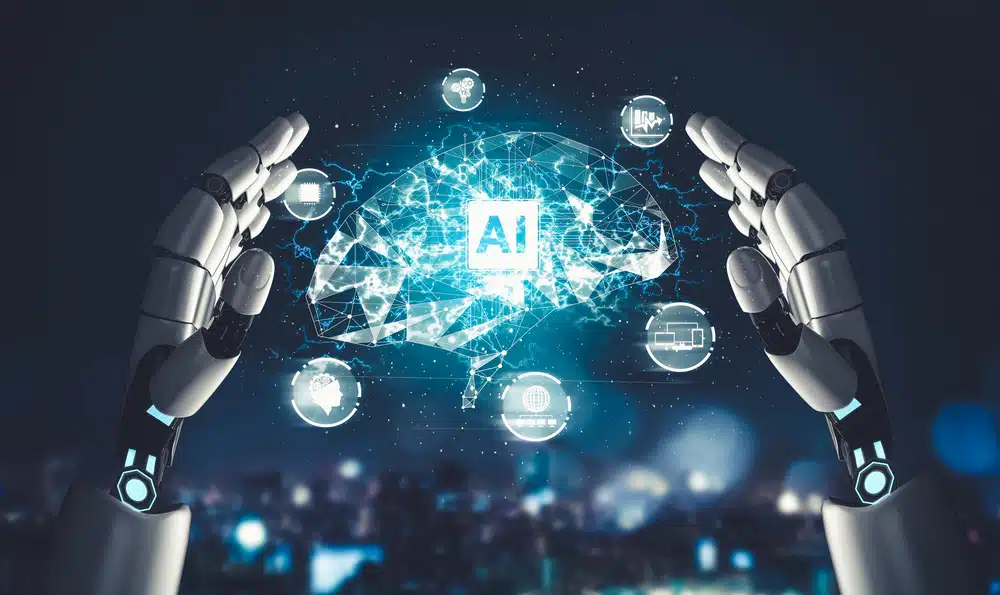
A practical solution to the AI challenge: Why it matters that the AI Safety Institute has embraced open source
To be a world leader in AI, the UK must leverage its position as Europe’s number one in open source software. As the PM said on Friday, open source “creates start-ups” and “communities”. The UK’s open source community has flourished under the UK tech sector radar in recent years. OpenUK’s 2023 report showed 27 percent of UK Tech Sector Gross Value Add was attributable to the business of open source from the UK.
On the back of the AI Safety Summit last November, the UK has not taken the European Union’s route to a legislative solution. We will soon see the outcome of the EU’s gamble in being the first in the world to legislate. The very prescriptive legislation will likely be out of date before it is in use and this may engender regulatory capture in AI innovation in the EU. Few beyond big tech will be able to manage the compliance program necessary to meet the regulation. The risk is obvious and real.
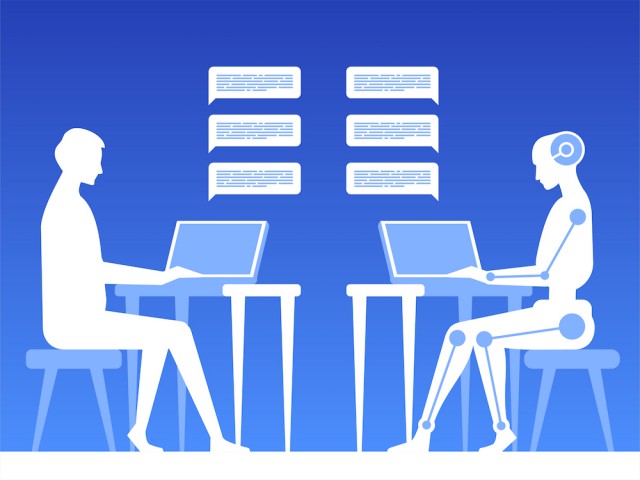
The key technologies fueling chatbot evolution
Most of us are familiar with chatbots on customer service portals, government departments, and through services like Google Bard and OpenAI. They are convenient, easy to use, and always available, leading to their growing use for a diverse range of applications across the web.
Unfortunately, most current chatbots are limited due to their reliance on static training data. Data outputted by these systems can be obsolete, limiting our ability to gain real-time information for our queries. They also struggle with contextual understanding, inaccuracies, handling complex queries, and limited adaptability to our evolving needs.

The importance of people, process and expertise for cyber resilience in the AI age
No business is immune to the cyber threats that exist today, ranging from malicious software and ransomware to AI threats and more, which occur daily, weekly and often even more frequently than this. To counter them, companies must have strategies in place to minimize the potential damage of an attack by protecting data and putting plans in place to recover from a cyberattack as quickly and effectively as possible.
The increased adoption of AI by everyone from employees to cyber criminals is adding further risk and complexity to the security landscape. While cybercriminals are incorporating AI into their arsenal to enhance their attack strategies, employees are unwittingly helping these attackers gain their sought-after prize, data. Many employees today are experimenting with generative AI models to assist with their jobs, but many put vast amounts of data, ranging from personal details to company information, into these systems, often without the organization’s knowledge.

With the new GPT-4o model OpenAI takes its ChatGPT to the next level
Pioneering AI firm OpenAI has launched the latest edition of its LLM, GPT-4o. The flagship model is being made available to all ChatGPT users free of charge, although paying users will get faster access to it.
There is a lot to this update, but OpenAI highlights improvements to capabilities across text, voice and vision, and well as faster performance. Oh, and if you were curious, the "o" in GPT-4o stands for "omni".
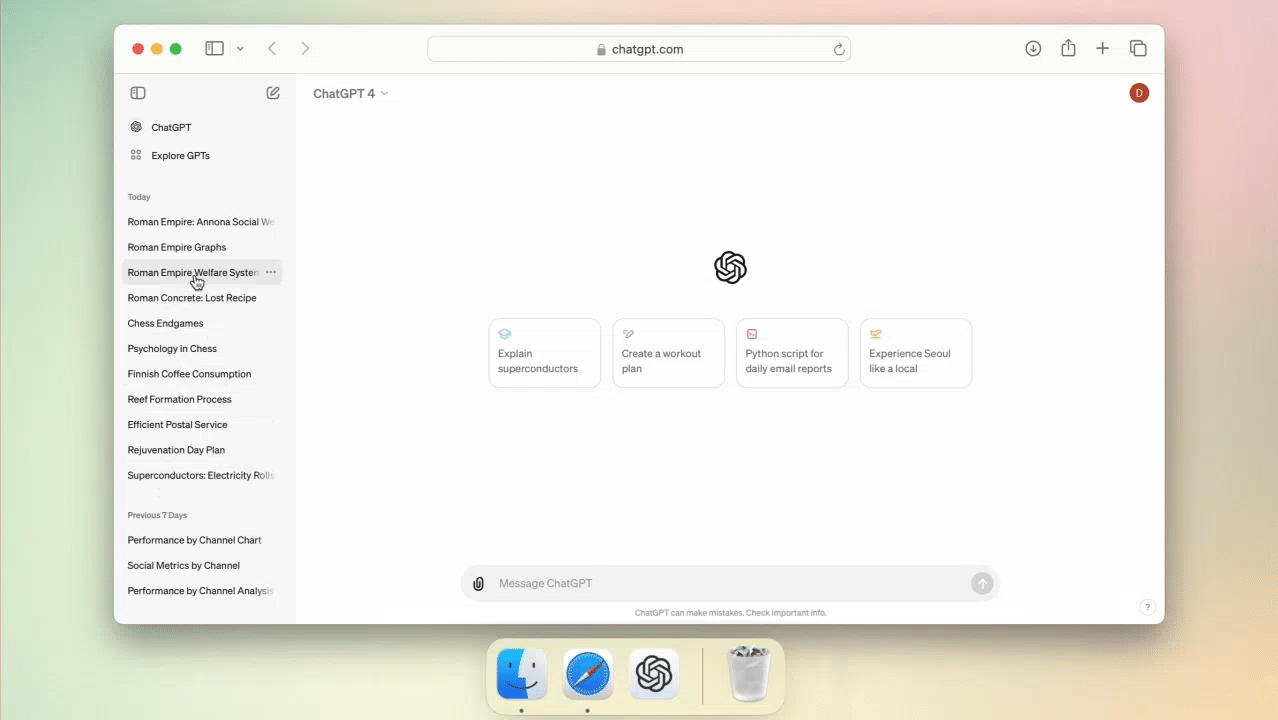
OpenAI launches a ChatGPT app for macOS; Windows users will have to wait
In a bid to make its AI chatbot more accessible, OpenAI has announced a new desktop ChatGPT app. There are already third-party desktop apps, but now there is an official option too.
It joins the existing mobile apps that are available for iOS and Android and, unusually, it is macOS users who get their hands on the desktop app before Windows users.

The critical intersection between AI and identity management
Today, almost every organization and most individuals are using or experimenting with Artificial Intelligence (AI). There are plenty of examples of how it is changing businesses for the better, from marketing and HR to IT teams. What was once computationally impossible, or prohibitively expensive to do, is now within reach with the use of AI.
According to Gartner, approximately 80 percent of enterprises will have used generative AI (GenAI) APIs or models by 2026. As AI drives value for organizations, it is fueling further demand and adoption.

Unmasking the impact of shadow AI -- and what businesses can do about it
The AI era is here -- and businesses are starting to capitalize. Britain’s AI market alone is already worth over £21 billion and expected to add £1 trillion of value to the UK economy by 2035. However, the threat of “shadow AI” -- unauthorized AI initiatives within a company -- looms large.
Its predecessor -- “shadow IT” -- has been well understood (albeit not always well managed) for a while now. Employees using personal devices and tools like Dropbox, without the supervision of IT teams, can increase an organization’s attack surface -- without execs or the C-suite ever knowing. Examples of shadow AI include customer service teams deploying chatbots without informing the IT department, unauthorized data analysis, and unsanctioned workflow automation tools (for tasks like document processing or email filtering).

Get 'Artificial Intelligence For Dummies, 2nd Edition' (worth $22) for FREE
Every time you use a smart device or some sort of slick technology -- be it a smartwatch, smart speaker, security alarm, or even customer service chat box -- you’re engaging with artificial intelligence (AI). If you’re curious about how AI is developed -- or question whether AI is real -- Artificial Intelligence For Dummies holds the answers you’re looking for.
Starting with a basic definition of AI and explanations of data use, algorithms, special hardware, and more, this reference simplifies this complex topic for anyone who wants to understand what operates the devices we can’t live without.
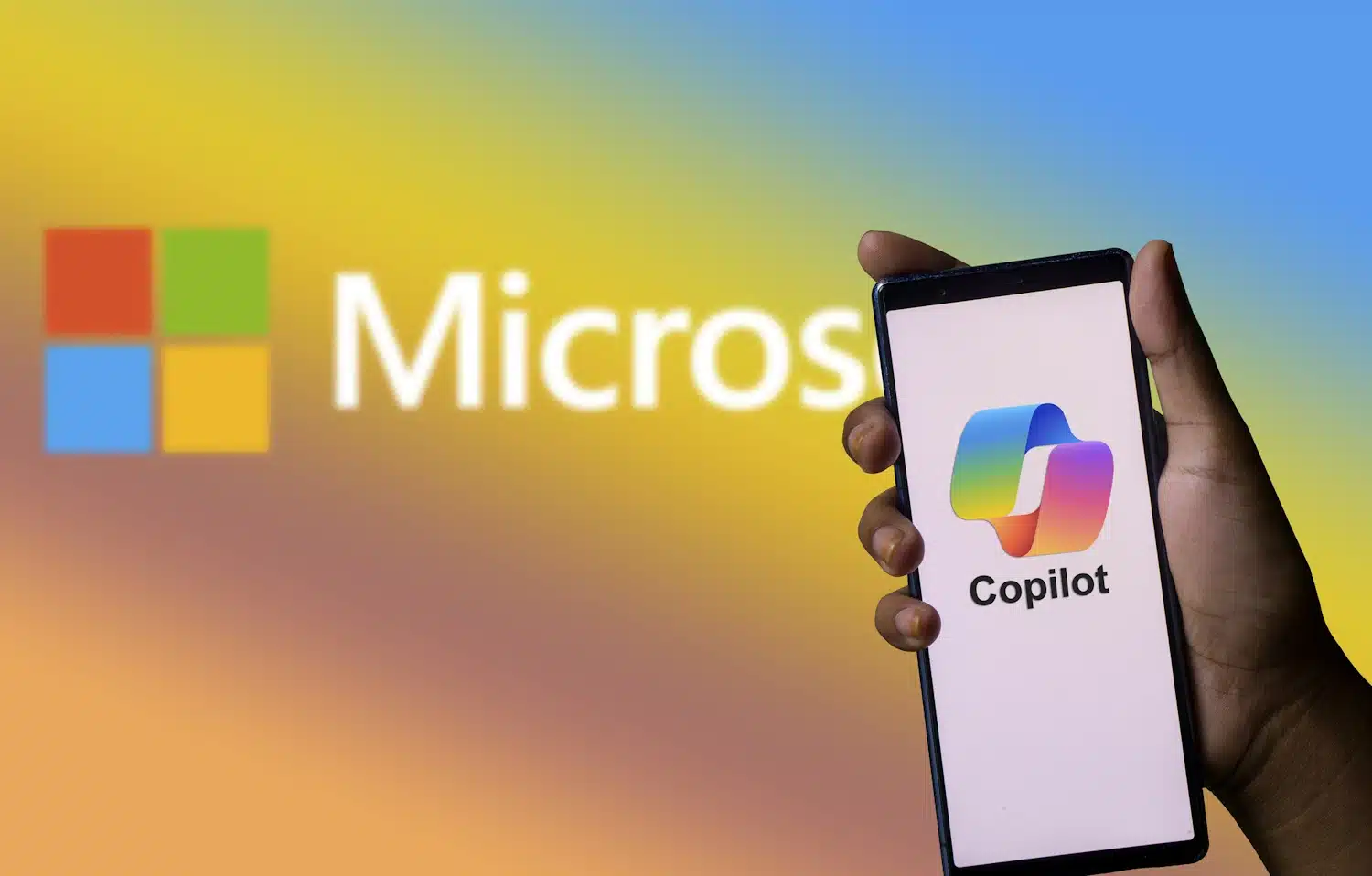
Microsoft eases its foot off the accelerator for Copilot development in Windows 11
The world has gone crazy for AI, and Microsoft has jumped feet-first into the technology. Copilot is just one of the company’s tools in this field, but not everyone is completely in love with this digital assistant.
For anyone who is of the opinion that things are moving too fast when it comes to Copilot, there is some good news. With the release of the latest beta build of Windows 11, Microsoft says that it is slowing down the rollout of new Copilot experiences.
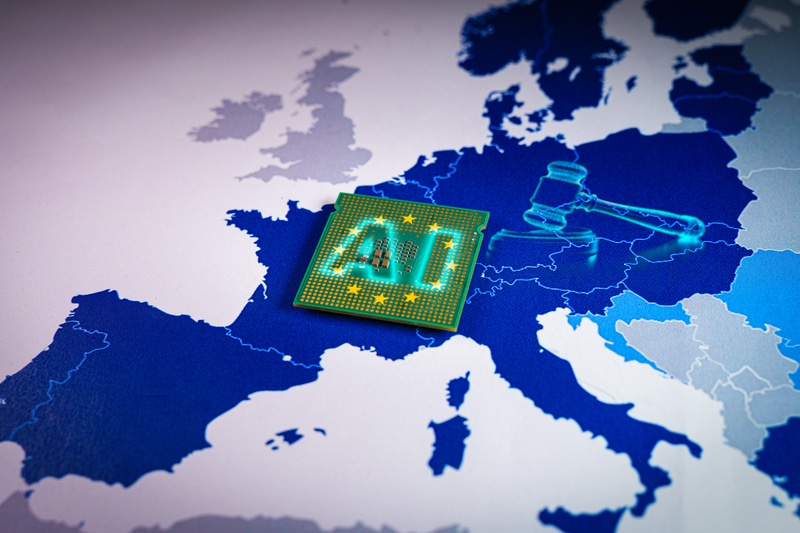
What the EU AI act means for cybersecurity teams and organizational leaders
On March 13, 2024, the European Parliament adopted the Artificial Intelligence Act (AI Act), establishing the world’s first extensive legal framework dedicated to artificial intelligence. This imposes EU-wide regulations that emphasize data quality, transparency, human oversight, and accountability. With potential fines reaching up to €35 million or 7 percent of global annual turnover, the act has profound implications for a wide range of companies operating within the EU.
The AI Act categorizes AI systems according to the risk they pose, with stringent compliance required for high-risk categories. This regulatory framework prohibits certain AI practices deemed unacceptable and meticulously outlines obligations for entities involved at all stages of the AI system lifecycle, including providers, importers, distributors, and users.

New solution uses AI to target spam and phishing
Since the launch of ChatGPT there has been a surge in the number of phishing emails as AI makes it easier to create convincing lures.
Email security specialist SlashNext is fighting AI with AI thanks to the launch of a new generative AI large language model (LLM) to deliver accuracy and precision in spam detection, with claimed near-zero false positive rates.

Opera introduces new AI image generation and voice output features in latest update
Opera continues to expand the capabilities of its browser with the introduction of new AI-driven features. The latest update to the Opera One Developer stream has introduced some very cool enhancements, including image generation and voice output capabilities, through its native AI, Aria.
Aria, Opera’s browser-based AI, now allows users to generate images directly from text prompts. This feature, powered by Google’s Imagen2 model, enables users to create unique visual content simply by describing their ideas in words. For instance, users can ask Aria to generate an image of a dog enjoying a vacation on a beach. If the initial result doesn’t meet expectations, there’s an option to regenerate the image with modifications, such as adding a drink or changing the color of the dog’s sunglasses.
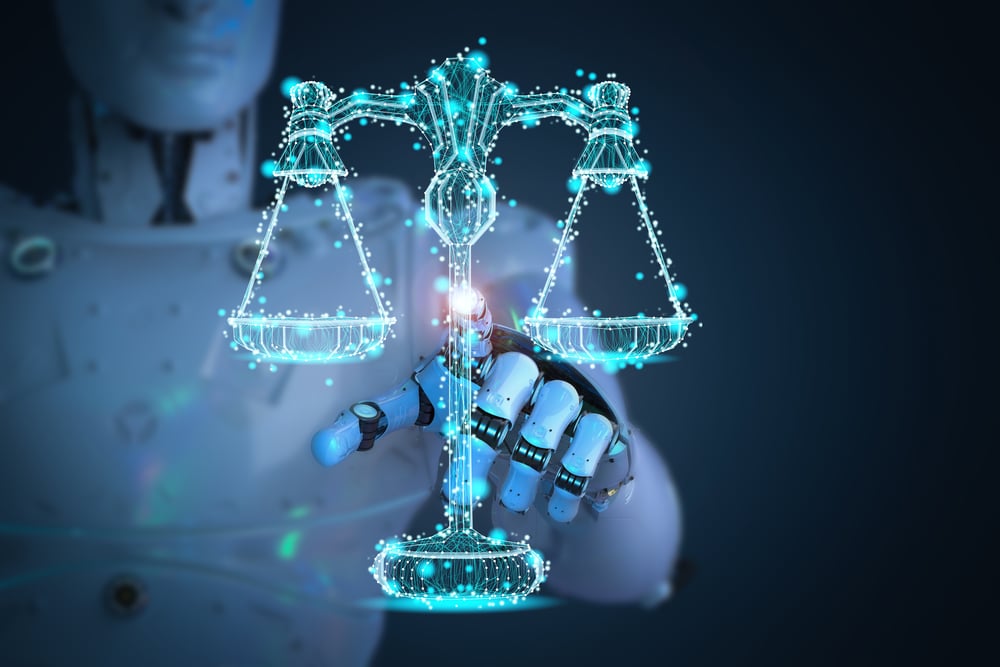
How AI will shape the future of the legal industry
The Department for Science, Innovation and Technology (DSIT) announced a £6.4 million grant for small and medium-sized enterprises (SMEs) to invest in AI-technology skills-based training. This development is the latest in a string of AI funding initiatives across the UK corporate sector, indicating that 2024 is the year emerging technologies will revolutionize the workplace in all aspects.
AI technology is transforming business functions across industries. However, the legal sector, in particular, has demonstrated tremendous progress. Often portrayed as laggards when it comes to embracing innovation, legal’s cautious, conservative approach to tech adoption has become a thing of the past in the age of AI. A recent survey from the Legal Services Board (LSB) discusses how over 95 percent of legal businesses found that implementing new technologies has made them more responsive to clients’ needs. Moreover, 60 percent of surveyed legal businesses found their clients expect them to power their legal services through tech innovation.
